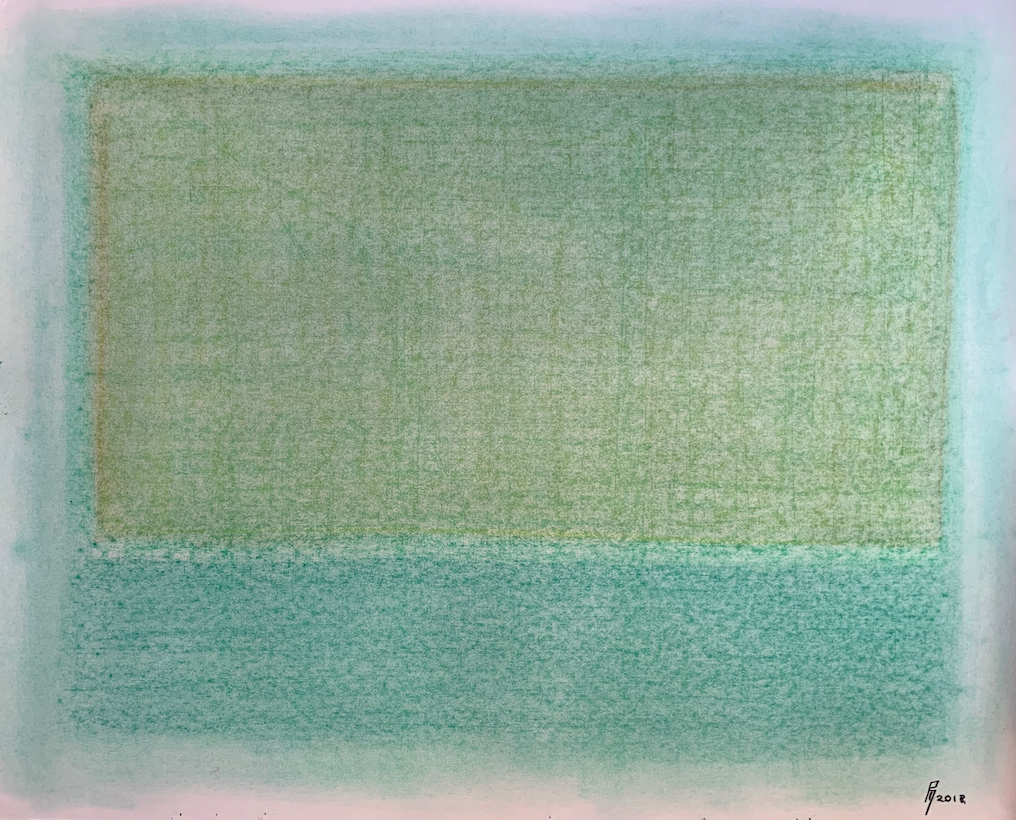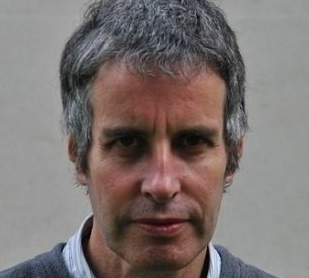After 17 years of struggle against an increasingly reckless and intransigent criminal justice system, the small group of staff who have worked on the Cardiff University Law School Innocence Project have reluctantly concluded that “justice” in the UK, and probably throughout most of the world, is a delusion. Our common belief in the institutions and concepts of the law is founded on an ill-placed faith rather than evidential reality.
The title of this series of articles mimics Professor Richard Dawkins’ seminal work, “The God Delusion”. There are good reasons for this, but please be assured we are not embarking on a debate about the existence or otherwise of God.
However, we will draw on certain parallels that the justice system, and society’s perception of it, has to the debate between science and religion. Professor Dawkins argues that science (significantly evolution in “The God Delusion”) requires and relies upon evidence, while religion relies upon faith which he argues is not evidence based. Few people of faith would argue that they can prove the existence of God (in fairness Dawkins concedes that he cannot disprove it) although they may well argue that they experience the existence of such a being or beings.
In the context of religion, faith is fundamental, and for people of faith, experiential and unavoidable. The quality of our social institutions however should not be matter of faith. They are not infallible and should be considered realistically, critically, and evidentially before investing trust in their reliability and credibility.
Many people are brought up with faith-based assumptions about the justice system that are based on little or no evidence: “the best justice system in the world”, “the best police force in the world”. There is no doubt that there are worse justice systems and worse police forces in some countries, but what is the evidence base for believing ours is the best? Do they believe the same of their own systems in Norway, Germany etc?
We will show in articles to follow why our belief in justice in the UK is a delusion, an act of faith rather than an evidence-based process. Why is this a problem? That may be obvious, but I will draw on some of Professor Dawkins’ concerns about faith, which, when applied to a social structure such as the justice system, shows how problematic an ill-founded faith in a social system can be when it overrides a realistic critical analysis.
- In faith, you do not have to justify what you do – it is justified by your faith.
- Just because a belief is comforting does not mean that it is true.
- Faith provides easy solutions to complex problems and fills the gaps in our knowledge without the need to seek explanations.
- Faith can bring good things, but it can also justify bad things.
- Faith can lead good people to do bad things.
We could substitute ideology for faith and make the same point – and this would in some ways be fairer, given that faith is often a way of trying to explain the meaning of life rather than a justification for social institutions.
The point however is the same – we have been indoctrinated to believe that the criminal justice system has integrity, demands fairness and proof, and that it cannot be any other way. We have never been encouraged to question it, because we have grown up to believe in it; at least until that dreadful moment experienced by many of our clients, when they realise that they have been suffering under a dangerous misapprehension.
We hope we can illustrate these arguments adequately in the articles that will follow. For now, I will provide just one, admittedly somewhat random, but I think poignant, example. These are actual comments taken from a Judge’s Summing Up in what we have come to term “no evidence cases” – cases based purely on allegations about incidents often alleged to have happened decades ago. The comments are not atypical:
“You will note from the directions I have given you that there is no rule of law that says when you are dealing with a criminal trial if it is simply one person’s word against the other a jury can never be sure……that urban myth that if it’s one person’s word against the other you can’t be sure ,put that out of your mind. You look at the evidence and decide on the evidence that you have heard whether or not you can be sure”.
This notion is not evidence-based; psychological research has shown consistently over many years that people are not good at deciding who is lying and who is telling the truth – It is a complex area of study but generally the success rate is around 50% [see, for example A. Vrij “Detecting Lies and Deceit” 2008: “ A layperson’s performance is only marginally better than what can be expected by chance, that is what could be expected by flipping a coin” (p141). The research further suggests that ‘professional lie detectors’ such as police officers are little or no better]. The real urban myth is the reverse of the judge’s statement: the belief that a jury can do this and be sure that their belief is factually correct. Only an act of faith can decide on a one word against another case, and yet, judging by many of the convictions we see, juries seem to believe mantras of this kind, when evidentially the judge’s comment is palpable nonsense. The delusion continues:
“When deciding the facts of the case, what did or did not happen, do not speculate or fill gaps by speculating, for that is no better than guesswork which has no place in a criminal case.”
This might make sense were it not for the fact that the jury are being asked to do exactly that: to speculate on who is telling the truth in the absence of any other substantive evidence; to fill the gaps left by the lack of evidence. Juries in cases of this kind are being asked to look at the evidence and not to speculate – but there is no evidence, there is only speculation.
There are of course aspects of the justice system which are necessary and even commendable, but the unquestioning faith that the system demands, and often receives, is a dangerous delusion. It demands that we believe things that we simultaneously know to be untrue (George Orwell’s concept of “Doublethink” in the novel “Nineteen Eighty-Four”). It demands a level of respect which is not justified by evidence, but by faith and ideology. We need to examine our faith in the justice system and question whether it is leading good people to do bad things. This series of articles will attempt to begin that examination.




